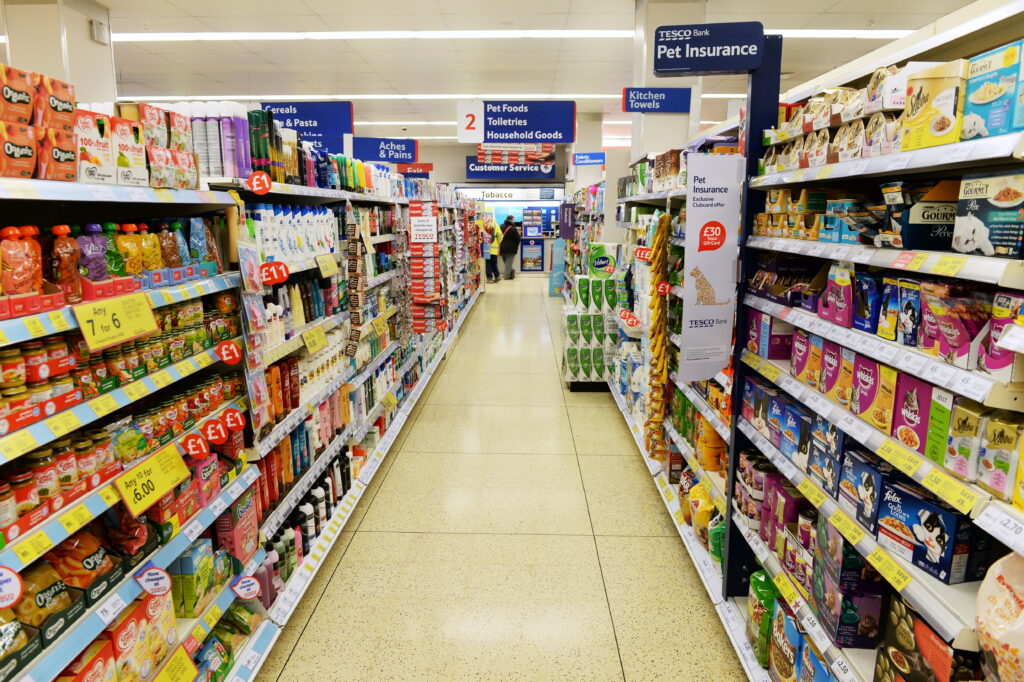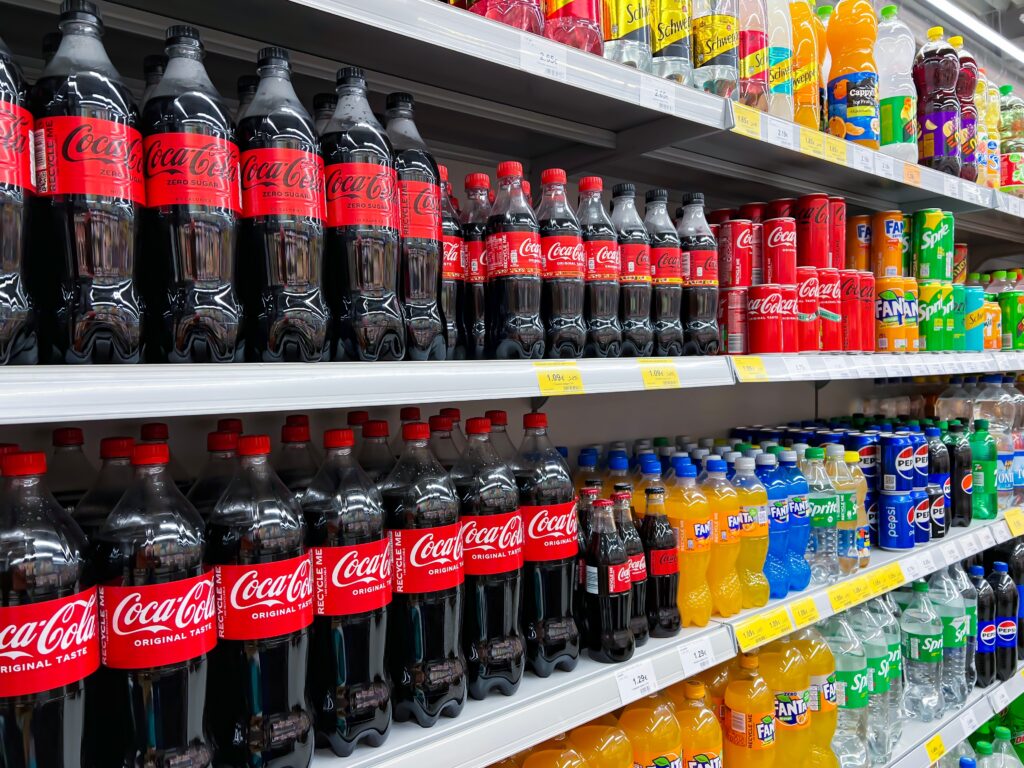The supermarket said on Monday that millions of people found it difficult to recycle its packaging – even though 93% of it was recyclable – because of a “postcode lottery” of recycling services. As a result, it said it would be fighting against Government proposals to introduce a pay as you throw “tax” because they were unfair.
Joy Blizzard, communications officer for the Local Authority Recycling Advisory Committee (LARAC), said: “This is the best piece of blame shifting I have seen in a long time. LARAC would like to know how 92% of ASDA's packaging can be classed as easily recyclable when it clearly isn't. If it was, then local authorities would be collecting it already.”
Materials
According to ASDA, WRAP research from July and November 2007 indicated that the range of materials collected by councils at the kerbside varied “considerably”, even within the same region of the country.
A survey of 397 councils showed that 85% collected metal cans, 64% glass, 63% card and 62% plastic bottles. Only 12% collected metal foil, 12% rigid and flexible mixed plastics, 8% other types of plastic and 5% Tetrapaks for milk and juice.
The councils collecting the most materials at the kerbside were South Holland district council and North Kesteven council- with the council of the Isles of Scilly, Solihull metropolitan borough council, Southampton city council, Warrington and Halton borough councils collecting the least variety of materials.
Paul Kelly, corporate affairs director at ASDA, said that the firm's customers were becoming increasingly frustrated with how much of its packaging was difficult to recycle.
He said: “Despite nearly all of our packaging being recyclable, very few local authorities are able to collect it all, which means thousands of tonnes of packaging needlessly end up in landfill, when it could have easily been put to better use.
“While there are some shining stars out there who collect everything from glass to Tetrapak, and paper to plastics, hundreds of other local authorities only collect the bare minimum, making it harder for our customers to do the right thing,” he added.
Mr Kelly said that until there was a consistent, nationwide approach to recycling, any form of bin tax would be unfair.
He said: “While we understand the financial challenges many local authorities face, it is essential that the right infrastructure is put in place now, so councils can start collecting all of the materials that can easily be recycled, diverting them from landfill.”
LARAC
Responding to these claims, LARAC explained that council recycling schemes were not mass-produced and had to reflect the areas that they served. The organisation added that ASDA needed to makes moves of its own to tackle the issue of packaging waste.
Ms Blizzard said:” LARAC would like to see ASDA demonstrating that this material is easily recyclable by for example providing take back schemes for all of it, in every store or offering funding to local authorities to provide a uniform kerbside collection service at no additional cost to council tax payers.
“Perhaps if ASDA had to become responsible for the entire lifecycle of the product then the public would see rapid changes in both the type and amount of packaging used. LARAC is not surprised that ASDA are concerned about the possibilities of “pay as you throw”. It might be just the incentive that is needed to speed up progress in this area,” she stressed.
Ms Blizzard explained that LARAC members often received complaints from the public that packaging could not be recycled but said this was because much was made of complex, composite materials – particularly lightweight plastics – which were expensive to collect, sort and transport.
She said: “The public do not want to see an increase in their council tax and they may well feel that it would not be best spent in providing bespoke recycling schemes for packaging produced by supermarkets. LARAC is disappointed in this blame shifting whilst so much work has been put into cross industry meetings and initiatives to bring all the parties to a greater level of understanding of the issues that they all face.”
CIWM
Waste management experts agreed that ASDA's statement was “misguided and misleading” and that it did a disservice to ASDA, which had worked hard to show it was committed to addressing the issue of packaging.
A spokeswoman for the Chartered Institutions of Wastes Management said: “There is scope for exploring a more standardised approach that still takes account of local conditions and budgets, as well as the equally important issues of local and regional reprocessing capacity and end markets.
“However, this statement sounds like an attempt by ASDA to side-step its responsibility and blame local authorities for failing in their duty if they don't collect materials that can theoretically be recycled somewhere in the world.”
WRAP
According to the Waste & Resources Action Programme, the data which was being quoted by ASDA did not include recycling banks or centres which collected the “majority” of material types, and only analysed packaging materials and did not include the most common material – paper.
It claimed that WRAP could not endorse any type of league table based on this data as it does not reflect the overall performance of local authorities in recycling.
However, the body did accept that the variability between local authorities in the materials collected for recycling at the kerbside was a common cause of frustration for householders.
A WRAP spokeswoman said: “The figures suggest that this variation is steadily reducing and WRAP is working with representatives of local government to see how this process can be speeded up.”









Subscribe for free